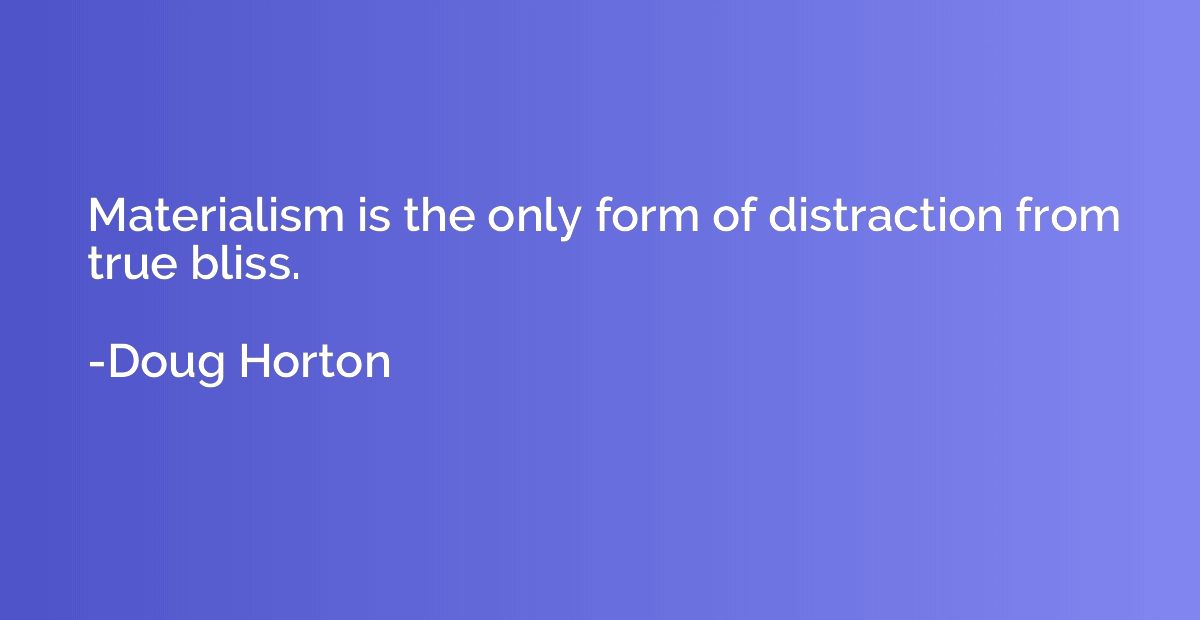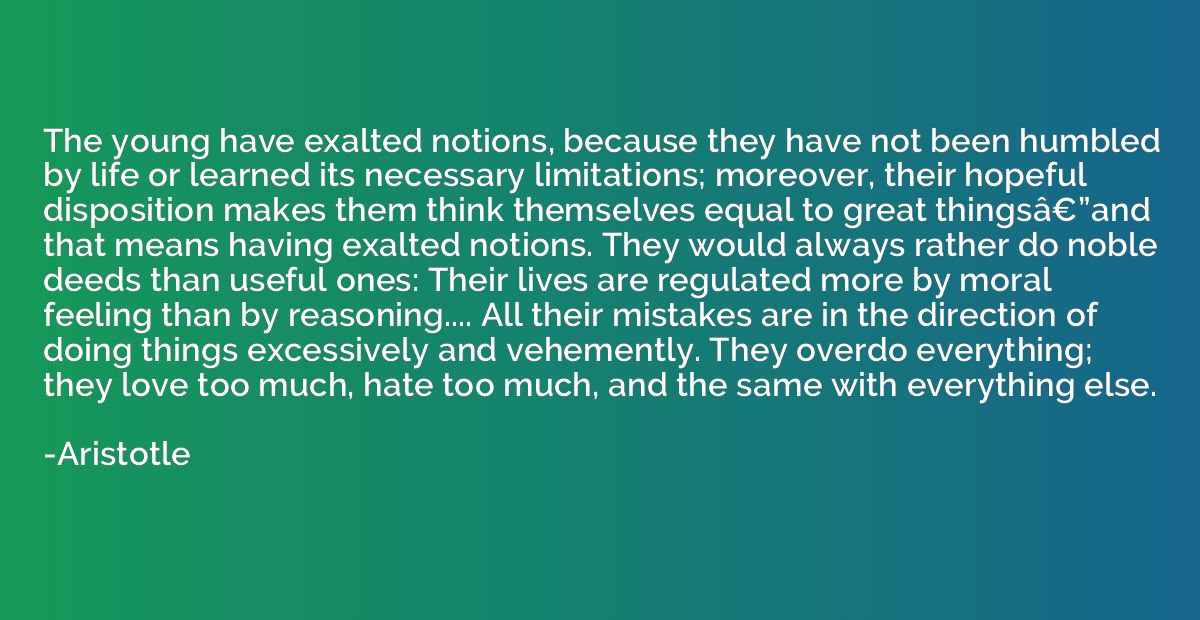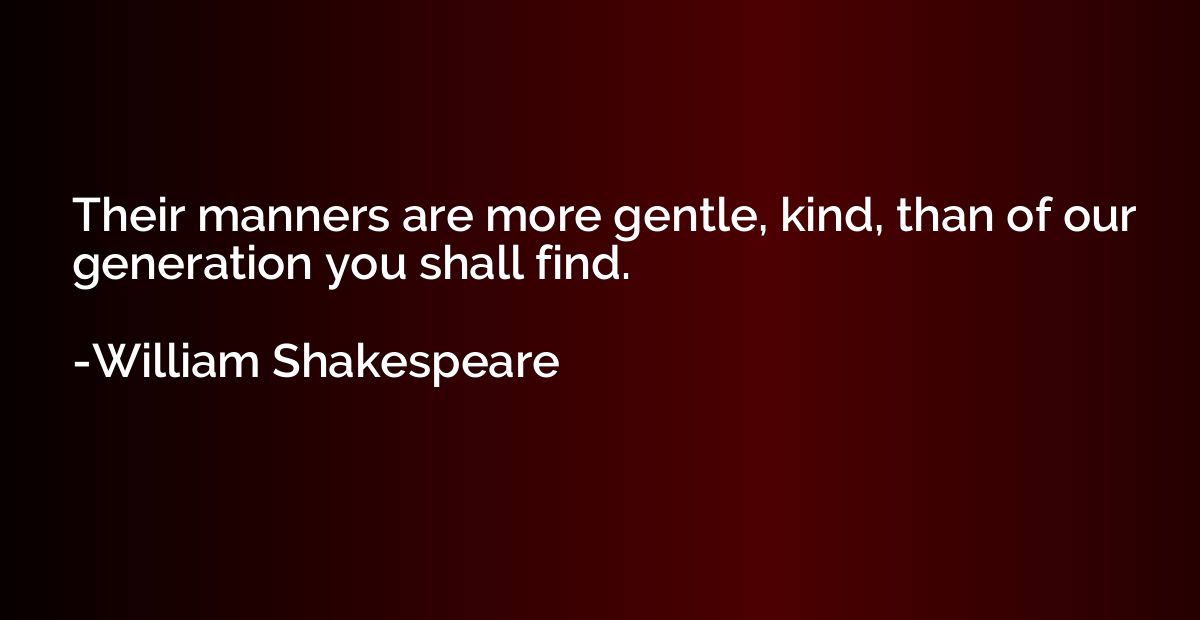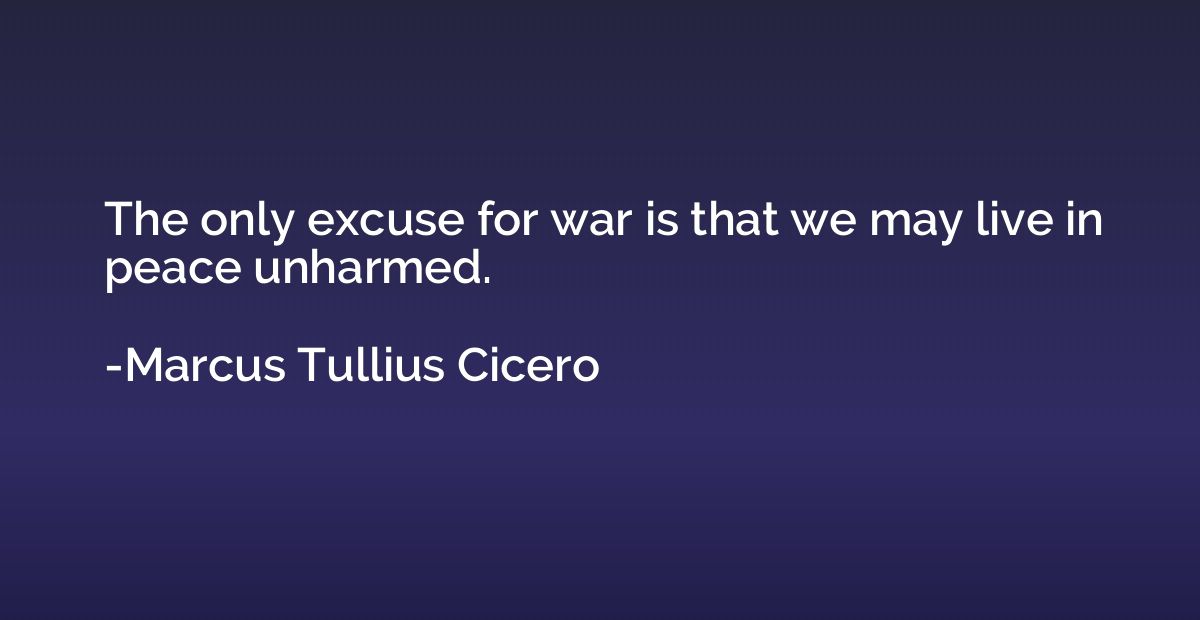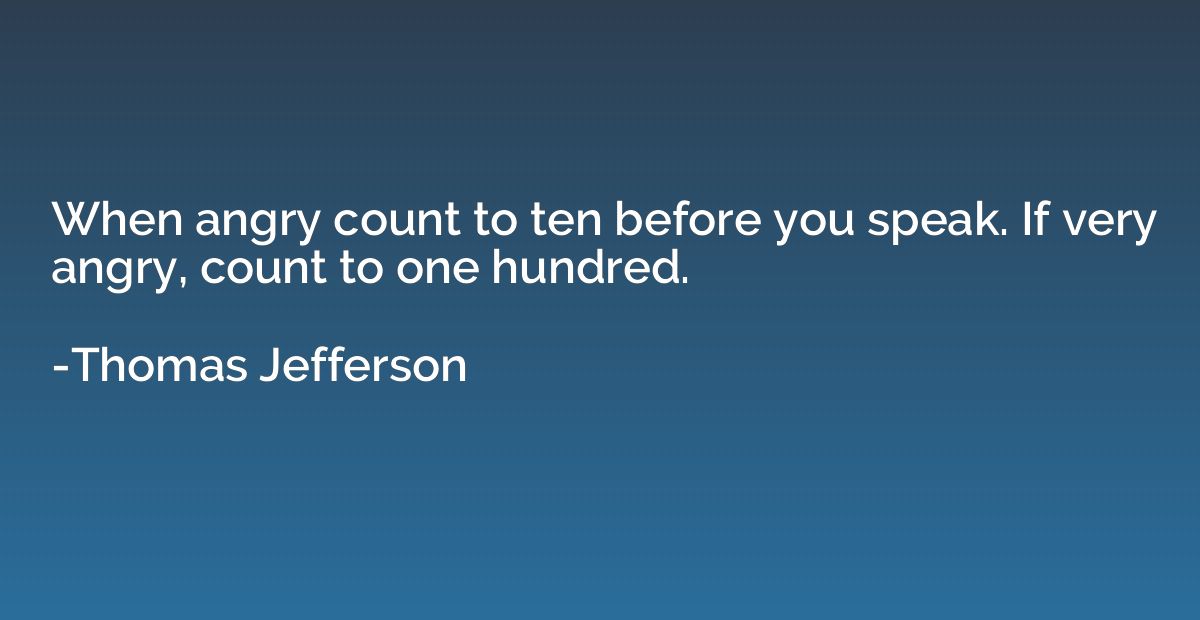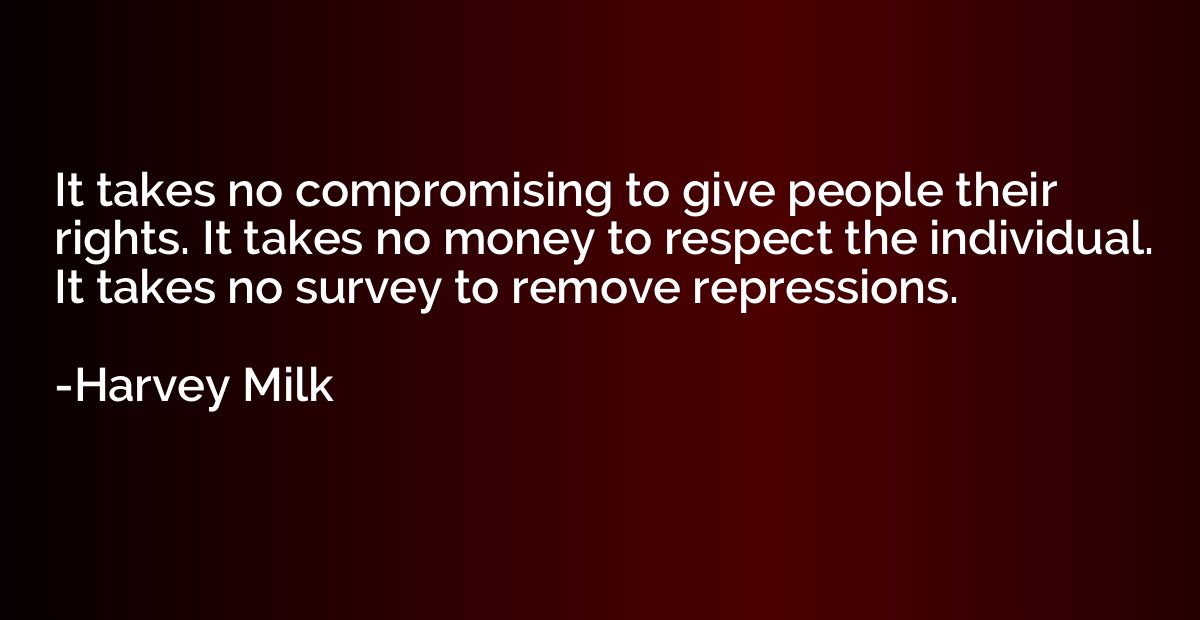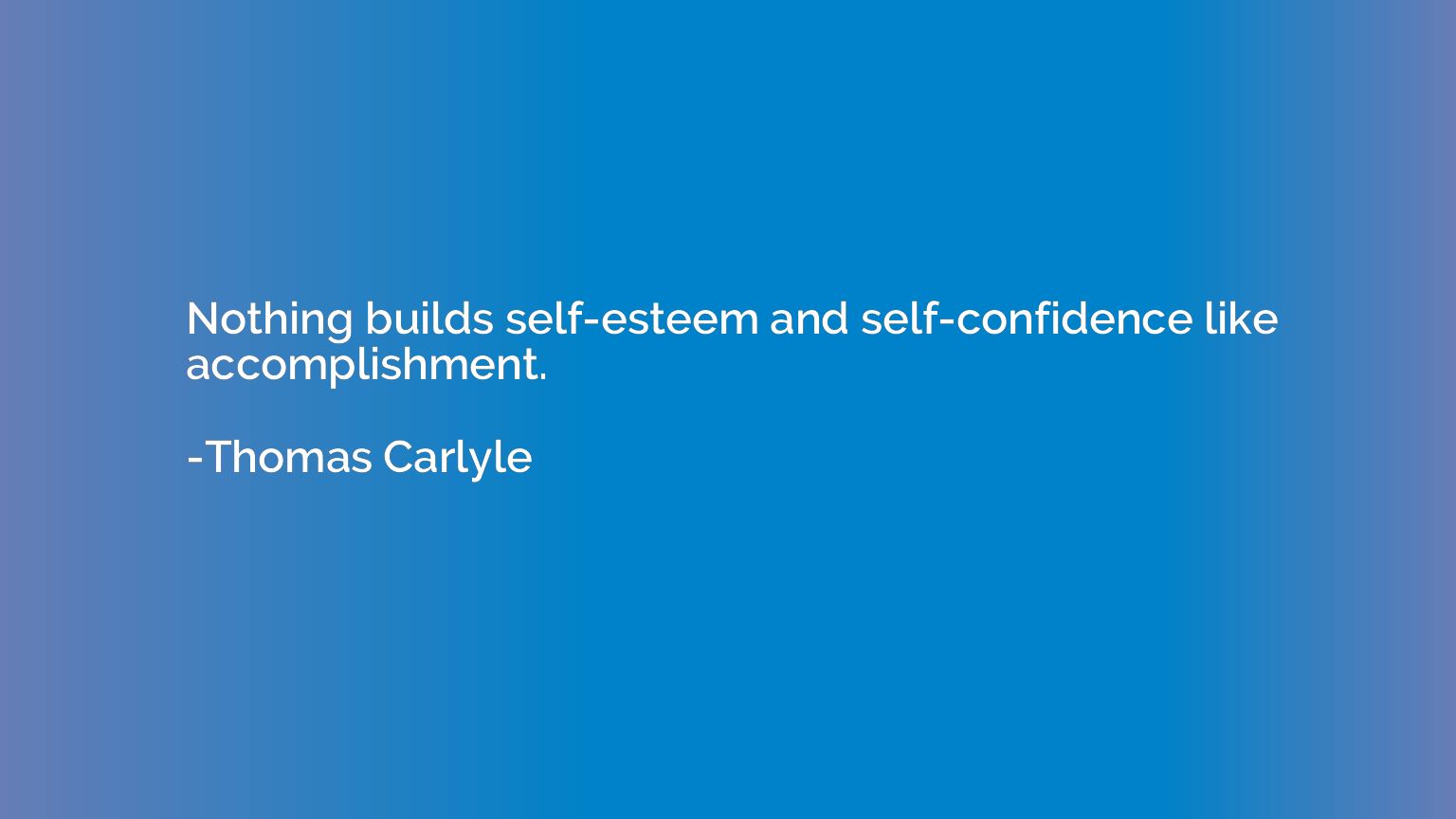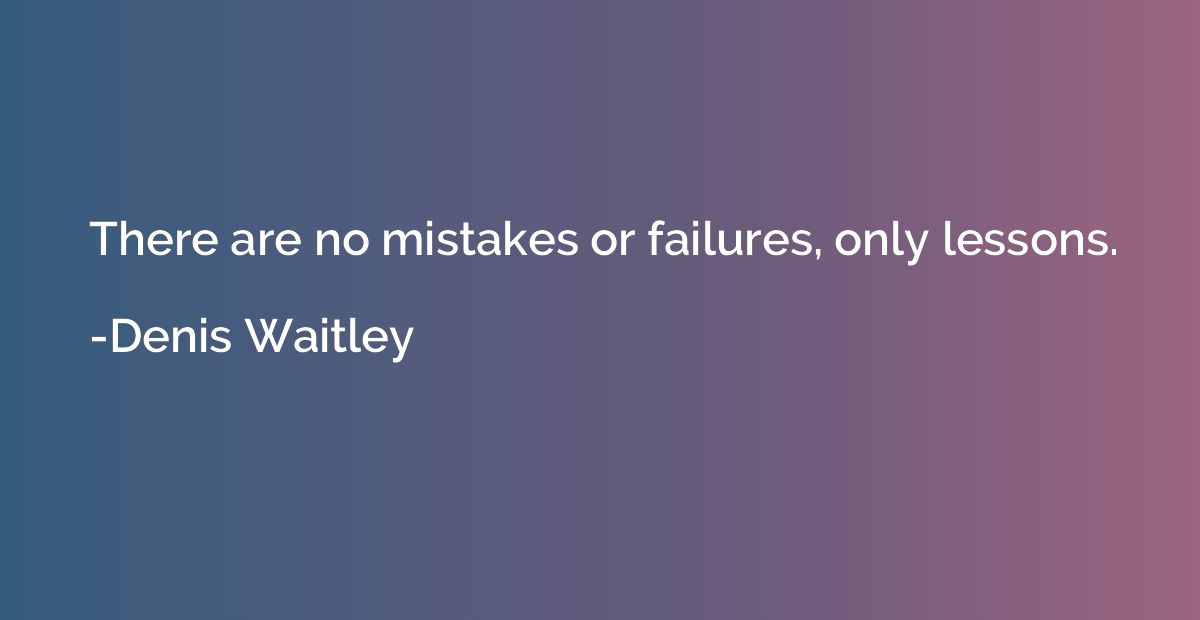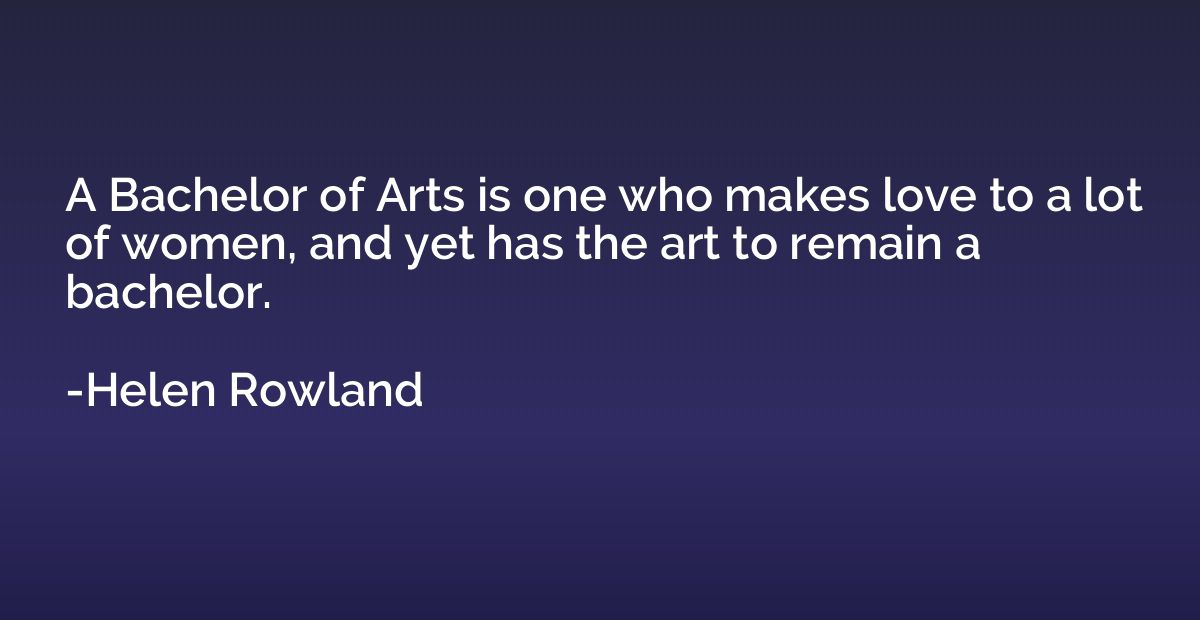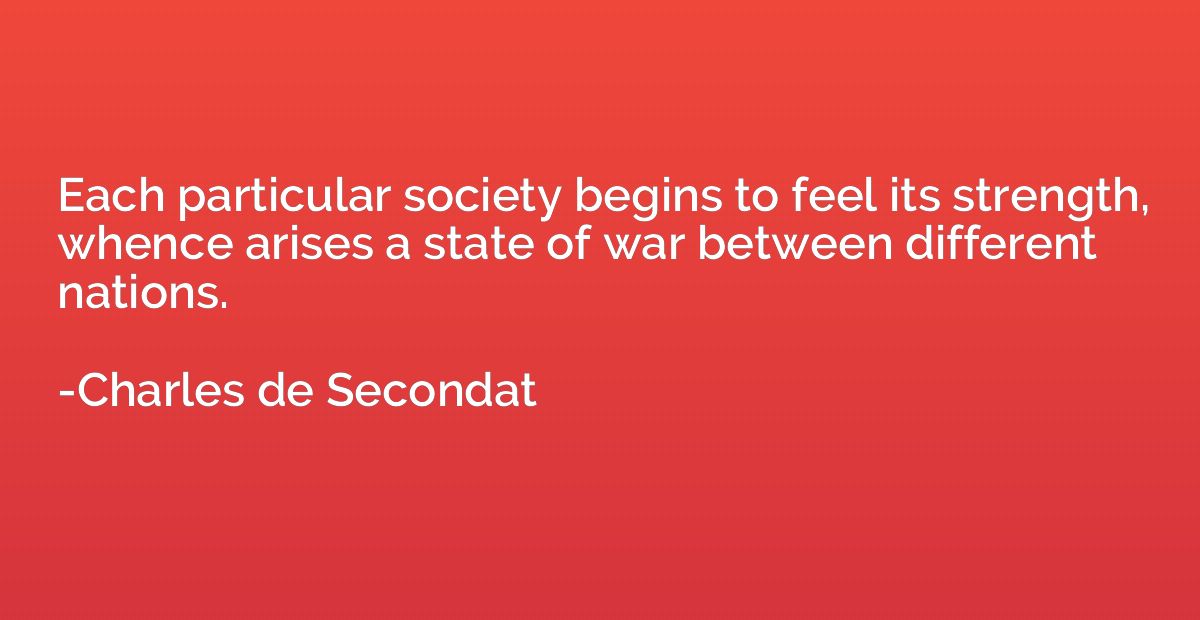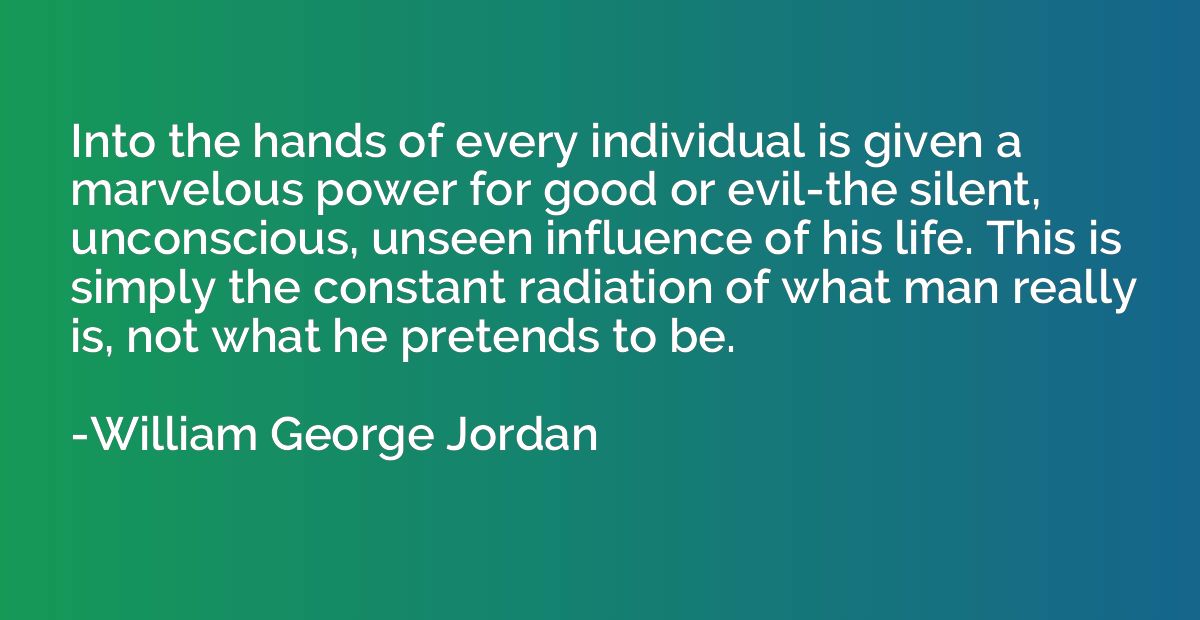Summary
This quote suggests that materialism, the belief that material possessions and wealth are the key to happiness, is a distraction from experiencing genuine bliss. It implies that true happiness cannot be found in the pursuit of material things alone, as they are transient and ultimately unfulfilling. Instead, it proposes that the path to genuine bliss lies in non-materialistic aspects such as personal growth, meaningful relationships, or spiritual fulfillment. By emphasizing the limitations of material possessions, the quote encourages individuals to seek happiness in more profound and meaningful areas of life.
Topics
Consumerism
By Doug Horton
